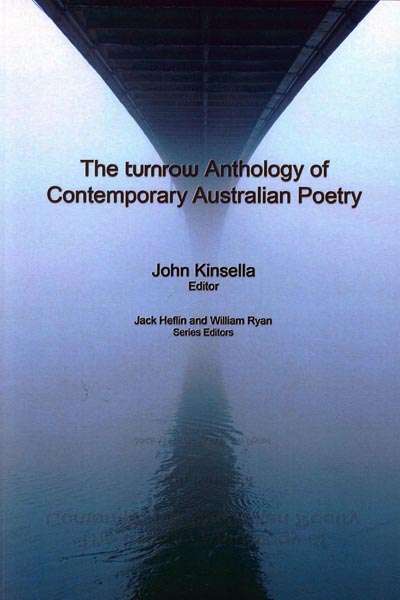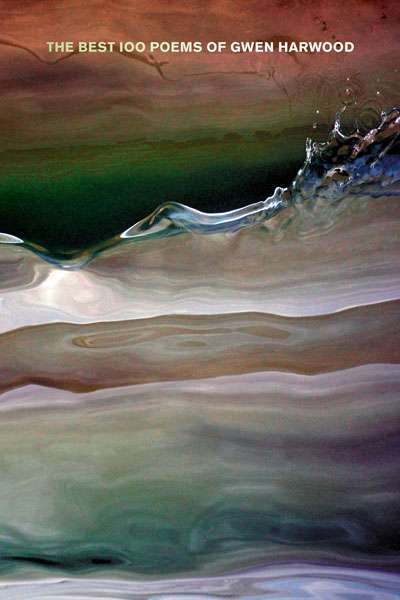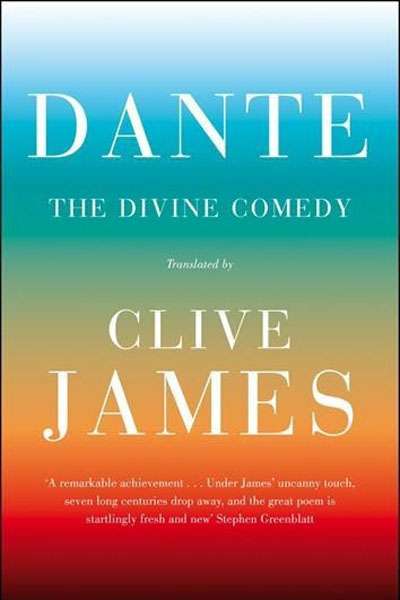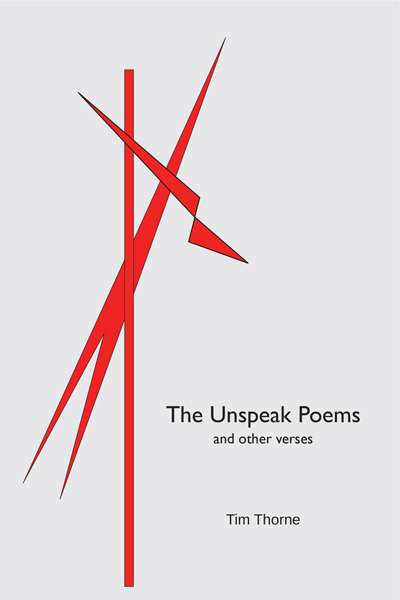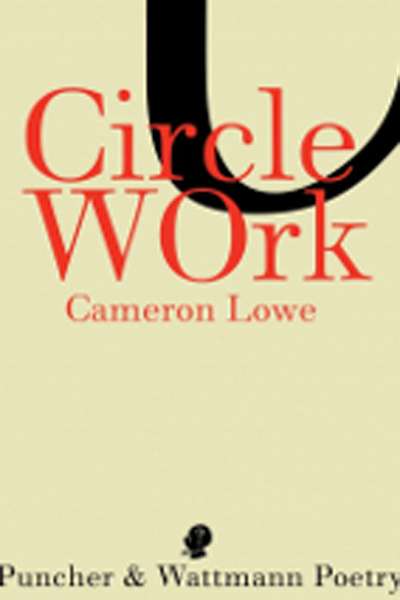Poetry
Exhibits of the Sun is Stephen Edgar’s tenth collection of poems. Born in 1951, he is now ripe for a major Collected Poems. With careful pruning of some lesser pieces, such a book will display the full range of his work, which marries virtuosic technique with powerful emotion and intellect.
... (read more)The Turnrow Anthology of Contemporary Australian Poetry edited by John Kinsella
Of all the books published in the United States last year, only three per cent were of foreign origin. This year is hardly likely to be any different. So it is something of a wonder that this considerable and imaginative collection of modern Australian poetry was produced in the unlikely setting of the University of Louisiana. Professors Jack Heflin and William Ryan, who direct the creative writing program there, have a longstanding interest in international literature, and John Kinsella was the natural, if not inevitable, choice as editor of this anthology, which, with 123 poets spread over almost 600 pages, is the most comprehensive collection of contemporary Australian poetry ever published in the United States.
... (read more)The Best 100 Poems of Gwen Harwood by Gwen Harwood, edited by John Harwood
In ‘Late Works’, the last poem in Black Inc.’s new selection of Gwen Harwood’s poetry, a dying poet, determined to pen her ‘late great’ poems, calls from her hospital bed for paper. The nurse, misunderstanding, brings toilet paper, much to the poet’s chagrin. It is a typical Harwood inversion ...
... (read more)During a visit to Adelaide in 2013 as a keynote speaker at the Australasian Centre for Italian Studies ‘Re-imagining Italian Studies’ conference, Professor Martin McLaughlin (Agnelli-Serena Professor of Italian Studies and Fellow of Magdalen College) made the following observation about Clive James’s translation of The Divine Comedy
... (read more)In her short life (1891–1927), Lesbia Harford wrote hundreds of poems and a novel, took a law degree at the University of Melbourne, had love affairs with both women and men, worked as a machinist in clothing factories, and was active in the anti-conscription movement during World War I and the International Workers of the World (‘the Wobblies’). She was the quintessential modern woman of the early twentieth century.
... (read more)Reading the poetry of Ania Walwicz is a little like being drawn into a trance: the density of the prose-like lines; the disorientation of the lack of punctuation; the repetition of certain words, phrases, alliterations. It is not a poetry that can be read in short bursts. Each poem is a commitment to a vision, to a mind-space explicitly shaped by the intensity and demand of Walwicz’s language. Having burst into Australian poetry with her ‘Polish accented’ voice more than thirty years ago, troubling the dominant Anglocentric view of Australian culture, Walwicz’s poetic still works to startle a reader from her comfort zone and to disrupt her expectations about what poetry is and can be.
... (read more)Lisa Jacobson’s third book, South in the World, opens with ‘Several Ways to Fall Out of The Sky’, a poem composed of imperatives instructing the reader in the strange art of descent. Jacobson’s poem deliberately invokes Auden’s famous piece of ekphrasis about Brueghel’s Landscape with the Fall of Icarus, ‘Musée des Beaux Arts’, which concerns itself with the relativity of suffering. All tragedies, Auden suggests, are products of perspective: Icarus’s plummeting may be a source of anguish for Daedalus, but is a minor occasion for a passing ploughman. Jacobson challenges this divested notion of witness by engaging in acts of imaginative empathy, stepping beyond the poet’s localised purview into the broader historical sphere.
... (read more)Axon: Creative Explorations, Vol. 4, No. 1 edited by Lucy Dougan et al.
Axon’s commitment to publishing new research in creativity and the creative process is highlighted in this issue on poetry. Lucy Dougan, consultant editor, introduces its exploration of ‘how poetry constitutes knowledge; how it is made; how poets think about their work’, and one of the exhaustive questions in the academy: ‘how poetry may be understood as research.’ Like Text: Journal of Writing and Writing Courses, Axon’s open access enhances ‘the free exchange of ideas’. Since many of the same writers have been published in both journals, Axon reads like a more techno-savvy sister publication.
... (read more)The Unspeak Poems, Tim Thorne’s fourteenth collection, is characteristically politically engaged and international in its scope. The best of these poems make use of Thorne’s acute ear for everyday speech. ‘Gettin’ there’, for instance, sad and memorable, creates through jumpy fragments of wry observations and narrative a picture of misguided hope against loaded odds: ‘The saddest place I’ve ever seen / is the bus shelter outside Risdon prison. / You lose about one teddy bear per eviction / on average.’ The same talent is used to different effect in recording the incoherence of racism in ‘7/11’.
... (read more)Just over fifty years since the death of the great American poet William Carlos Williams, it is pleasing to see so much of his spirit still alive in Cameron Lowe’s third collection, Circle Work. Williams was often short-changed by poets who, mistakenly, thought his short, ‘photographic’ poems easy to imitate. Lowe, by contrast, fully understands the importance of close observation and imagination. He understands, too, the necessity for skilled syntax and how a poem may consist wholly of details which are not in the least ‘poetic’.
... (read more)


